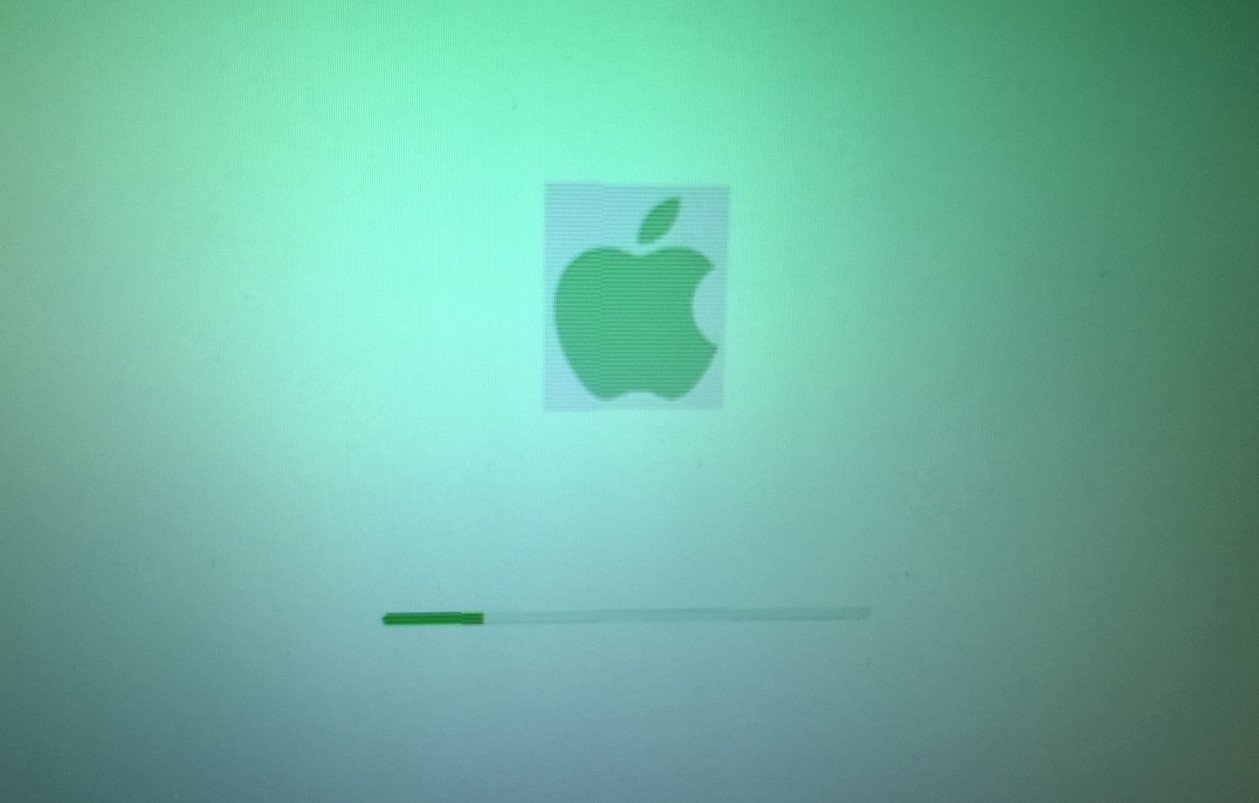News
Apple Challenges €500M EU Fine Over App Store Practices in Escalating Legal Fight
Apple has officially launched its appeal against a €500 million fine imposed by the European Union earlier this year, setting the stage for what could become a landmark legal battle over how much control Big Tech firms should have over their platforms — and how far regulators can go to rein them in.
The fine, one of the largest non-antitrust penalties ever imposed on a tech company in Europe, was triggered by Apple’s so-called “anti-steering” restrictions. These policies prevent iOS app developers from guiding users to cheaper purchase options outside of Apple’s tightly controlled App Store ecosystem. Now, Apple says the EU has crossed a line.
Apple Fires Back: Claims Fine “Far Beyond What the Law Requires”
In its formal appeal filed with the EU’s General Court, Apple didn’t hold back. The company called the fine “unprecedented” and claimed the Commission was overreaching.
Apple argues it’s being penalized for simply running its platform in a way that protects users. According to the company, forcing it to allow steering inside apps puts user privacy and safety at risk. And more than that, Apple says the EU is redefining steering in a way that was never originally agreed upon.
It gets even more complicated. Apple also said the Commission is mandating business terms that are “confusing for developers” and “bad for users.” That’s a bold claim considering the EU insists its goal is to give consumers more choice and developers more freedom.
This one’s going to court — and it’s not going to be quiet.
What’s Actually at the Heart of the Fight?
The central issue here is Apple’s control over the iOS app ecosystem. For years, developers have been required to use Apple’s in-app payment system, where Apple takes a hefty 30% commission. The EU’s Digital Markets Act (DMA), which took effect this year, was supposed to break that stranglehold.
The fine, announced in March, followed a lengthy investigation into Apple’s rules — particularly those that block developers from pointing users toward cheaper options elsewhere. Think of it like a coffee shop telling its baristas they can’t mention the cheaper drinks at the café next door.
Here’s what the European Commission said Apple did wrong:
Restricted developers from informing users about alternative offers.
Blocked links or messaging to cheaper payment methods.
Maintained these rules even after the DMA made them illegal.
And they didn’t mince words. The Commission accused Apple of “preventing app developers from directly informing consumers” and demanded the company change its behavior — or face even more fines.
New App Store Tiers: Reform or Just Repackaging?
Under pressure, Apple rolled out new App Store policies last month. On paper, they look like a step toward compliance. In practice? That’s still up for debate.
Two new commission tiers were introduced:
| Tier | Commission Rate | Features Included |
|---|---|---|
| Tier 1 | 5% | Basic services like app reviews, privacy labels. No auto updates/downloads. |
| Tier 2 | 13% | Full App Store features, including automatic updates and support. |
That’s not all. Starting January 1, 2026, Apple plans to introduce a Core Technology Commission of 5% on digital goods and services sold through the App Store and via third-party marketplaces. This replaces the much-criticized Core Technology Fee, which drew sharp criticism from EU regulators.
But these changes haven’t exactly won over the Commission.
One senior official told reporters last month the tweaks “still fall short of what’s legally required.” The EU says the new fees discourage developers from using alternative distribution channels — and that’s exactly what the DMA is supposed to stop.
A Pattern of Fines — and a Pattern of Resistance
Apple’s troubles in Europe didn’t start with this latest appeal. Just last March, the company was slapped with a separate €2 billion fine — also over its App Store practices. That case was related to Spotify’s long-running complaint about Apple’s alleged self-preferencing and gatekeeping.
It’s part of a broader wave of regulatory scrutiny hitting U.S. tech firms, particularly in the EU.
Meanwhile, Apple has insisted its business model is fundamentally different from other platforms, like Android, and that it shouldn’t be held to the same standards. But the Commission isn’t buying that argument.
Brussels Isn’t Backing Down — At All
Just a few weeks ago, Henna Virkkunen, one of the leading voices on digital policy in the European Commission, made it crystal clear: the EU isn’t budging. The rules are the rules — and the DMA is here to stay.
She said there would be no renegotiating the Digital Markets Act, the Digital Services Act, or the new AI Act. And yes, that includes with the U.S., which has been quietly lobbying Brussels to soften the impact on American firms.
Apple’s appeal might delay the consequences. It might even lead to changes in how the DMA is enforced. But don’t expect the Commission to let up. If anything, this fight could define how Europe deals with tech giants in the coming decade.
And it’s not just Apple on the radar. Amazon, Google, Meta, and TikTok have all faced similar demands or investigations under the new laws.
What’s Next for Developers and Users?
For developers, the next few months could be confusing. Apple’s new rules are technically in effect, but they might change again depending on how the court responds. Some developers are already exploring alternatives — from web-based payments to using third-party stores.
But for many small developers, the fees and rules are still a headache.
And for users? Not much changes just yet. But if the EU gets its way, iPhone owners could soon see cheaper subscriptions, more payment options, and maybe even apps that don’t need Apple’s blessing to reach your device.
Then again, this is Apple we’re talking about. They don’t go down without a fight.

 News11 months ago
News11 months agoTaiwanese Companies Targeted in Phishing Campaign Using Winos 4.0 Malware

 News11 months ago
News11 months agoApple Shuts Down ADP for UK iCloud Users Amid Government Backdoor Demands

 News10 months ago
News10 months agoJustin Baldoni Hits Back at Ryan Reynolds, Calling Him a “Co-Conspirator” in Blake Lively Legal Battle














